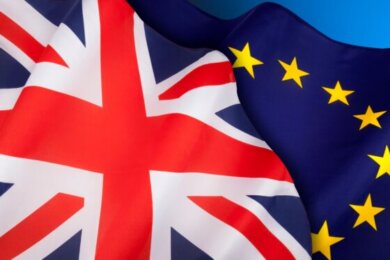
United Kingdom has become a third country for all purposes. A From 1 January 2021, transactions with the United Kingdom will be treated in the same way as transactions with any other country outside the European Union.
This means that the
customs rules
This means that the regulatory and border controls that the EU requires of third countries will now apply to the UK, leading to more bureaucracy for businesses and adjustments to supply chains. There will also be increased customs formalities and controls on goods and services.UK companies entering the EU, with further delays at borders.
Sales of goods to undertakings in that territory will no longer be intra-Community supplies, but will be
exports
. And purchases from that country will no longer be intra-Community acquisitions, but imports, and VAT must be settled at Customs and duties if applicable.
However, for operations whose dispatch or transport begins in 2020 but which arrive at their destination on or after 1 January 2021, the current Community rules will apply.
The UK’s withdrawal from the EU will affect your business if:
Sells, provides, buys, receives or transports goods through the UK and if you use UK materials to trade on preferential terms with EU partner countries.

For tax and customs purposes, this means, for example, that you must file customs declarations if you are importing or exporting goods to/from the UK (except Northern Ireland) or if you are transporting your goods through the UK.
In addition to the customs declaration, you must provide safety and security information.
You must have a special certificate in order to import or export certain goods (e.g., waste, certain hazardous chemicals, GMOs). Additional formalities are required when importing or exporting excise goods (alcohol, tobacco or fuel) to/from the UK.
You will therefore have to follow different VAT rules and procedures for transactions with the UK and for transactions within the EU and Northern Ireland.


